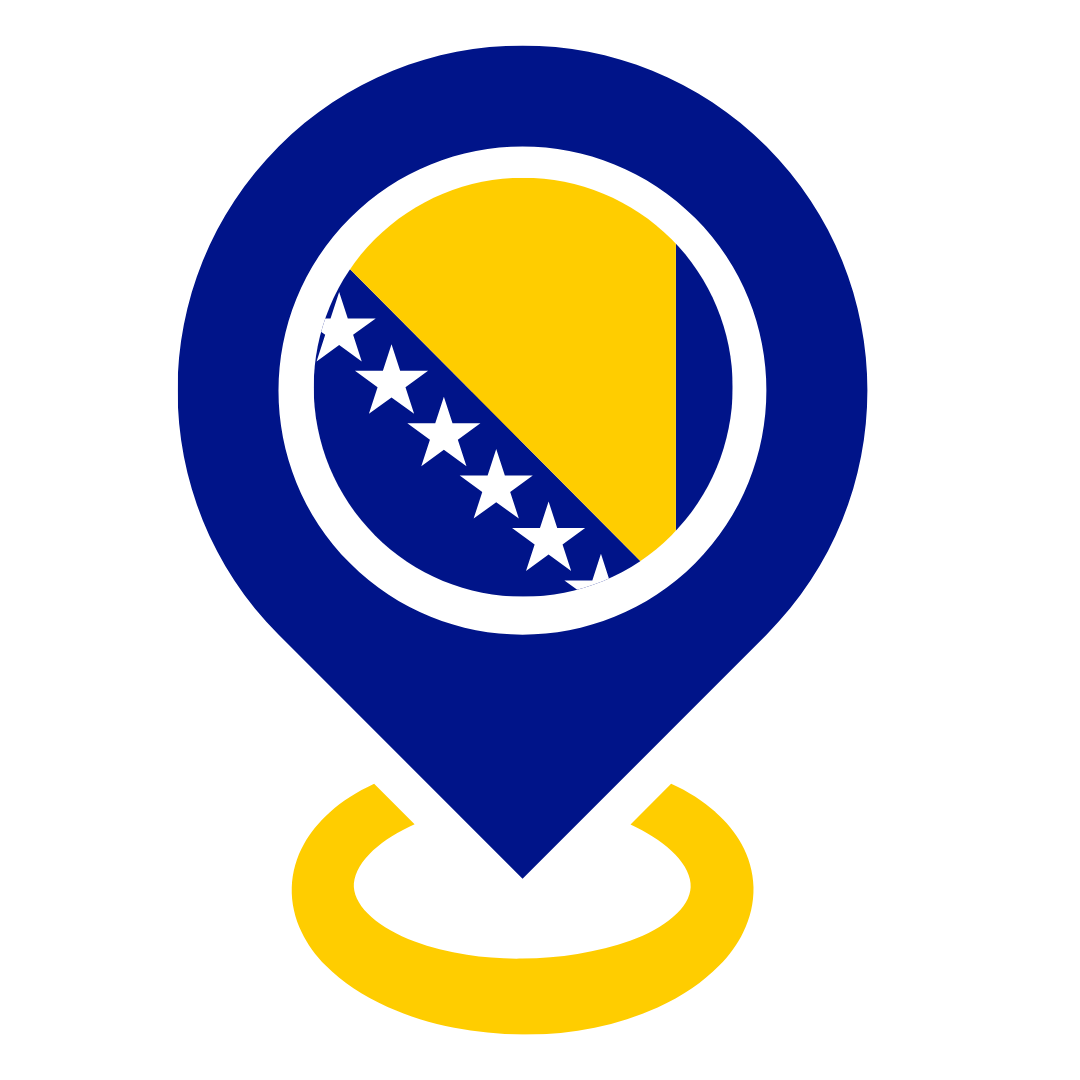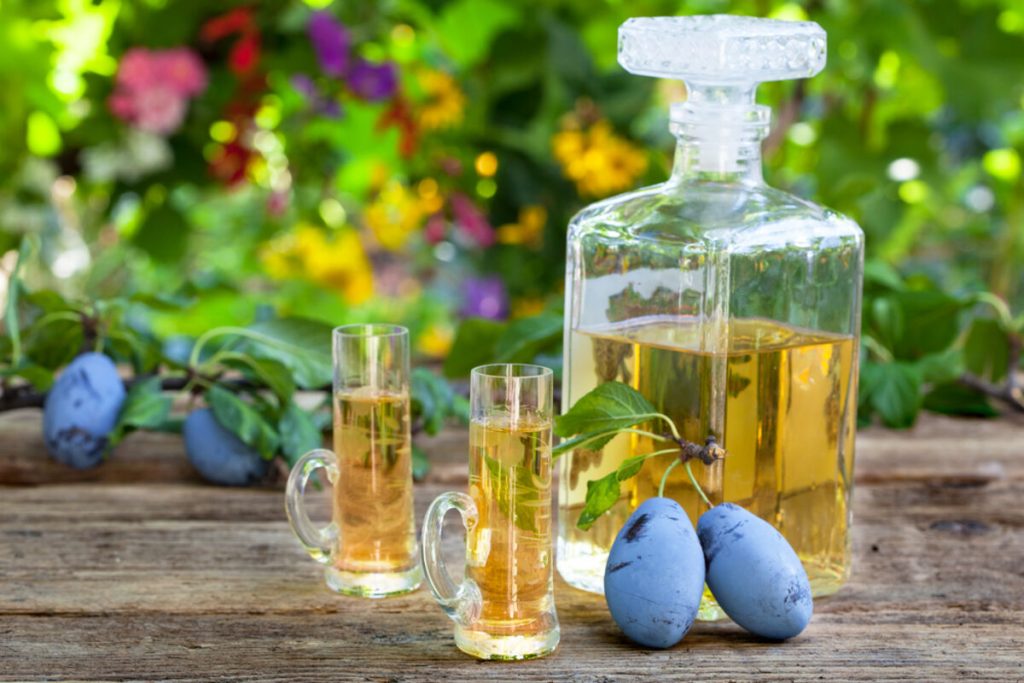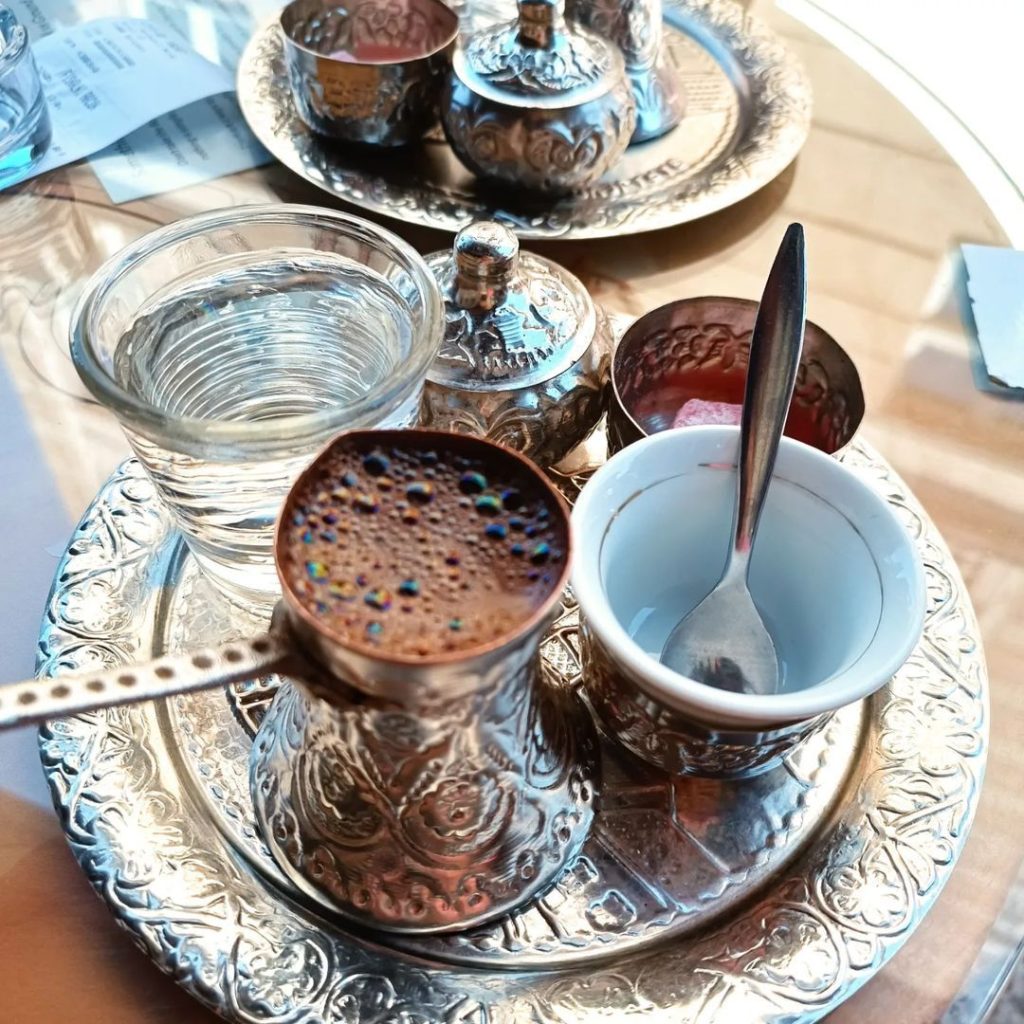
Bosnian coffee is a traditional hot beverage in Bosnia and Herzegovina.
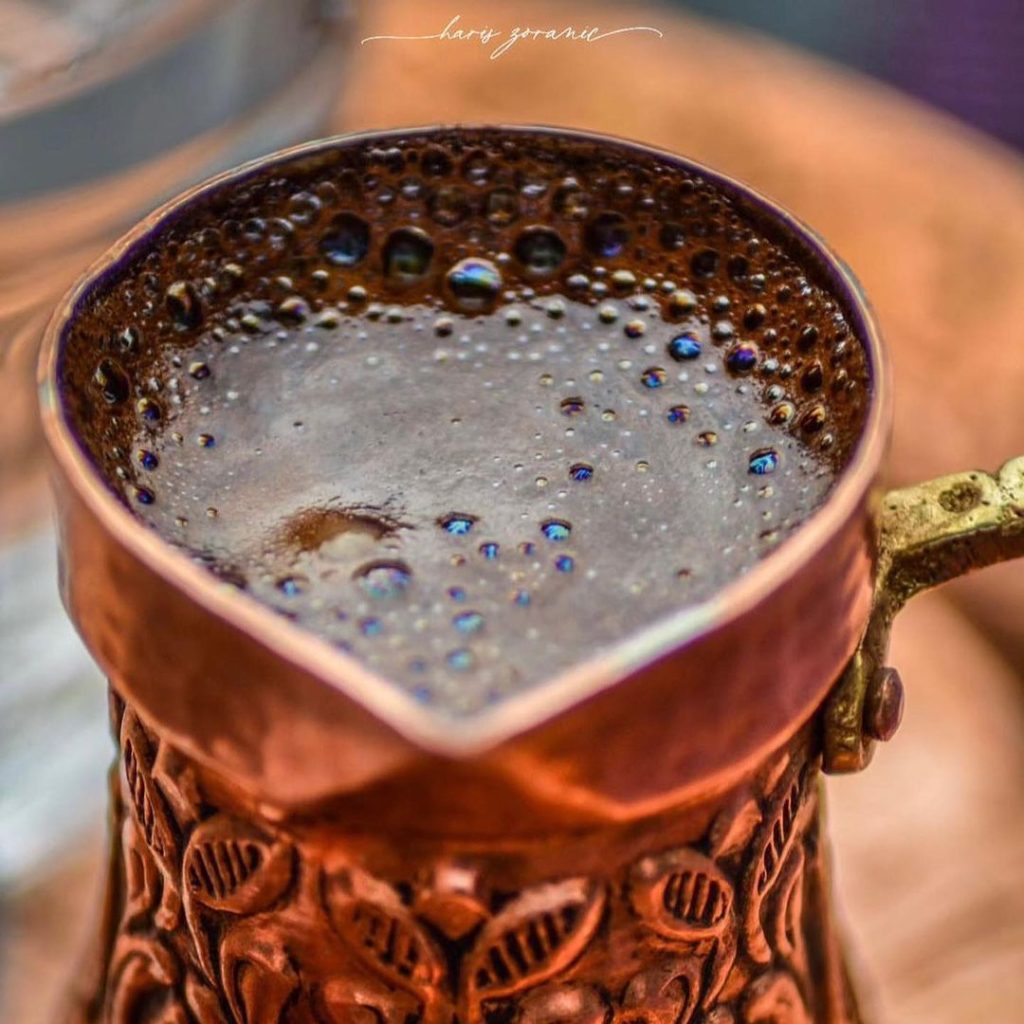
It is a type of coffee prepared by boiling finely ground coffee beans on a stove top or in a special pot called a džezva, which is a long-handled copper or brass pot with a small pouring spout. The coffee is typically served in a small, handle-less cup called a fildžan.
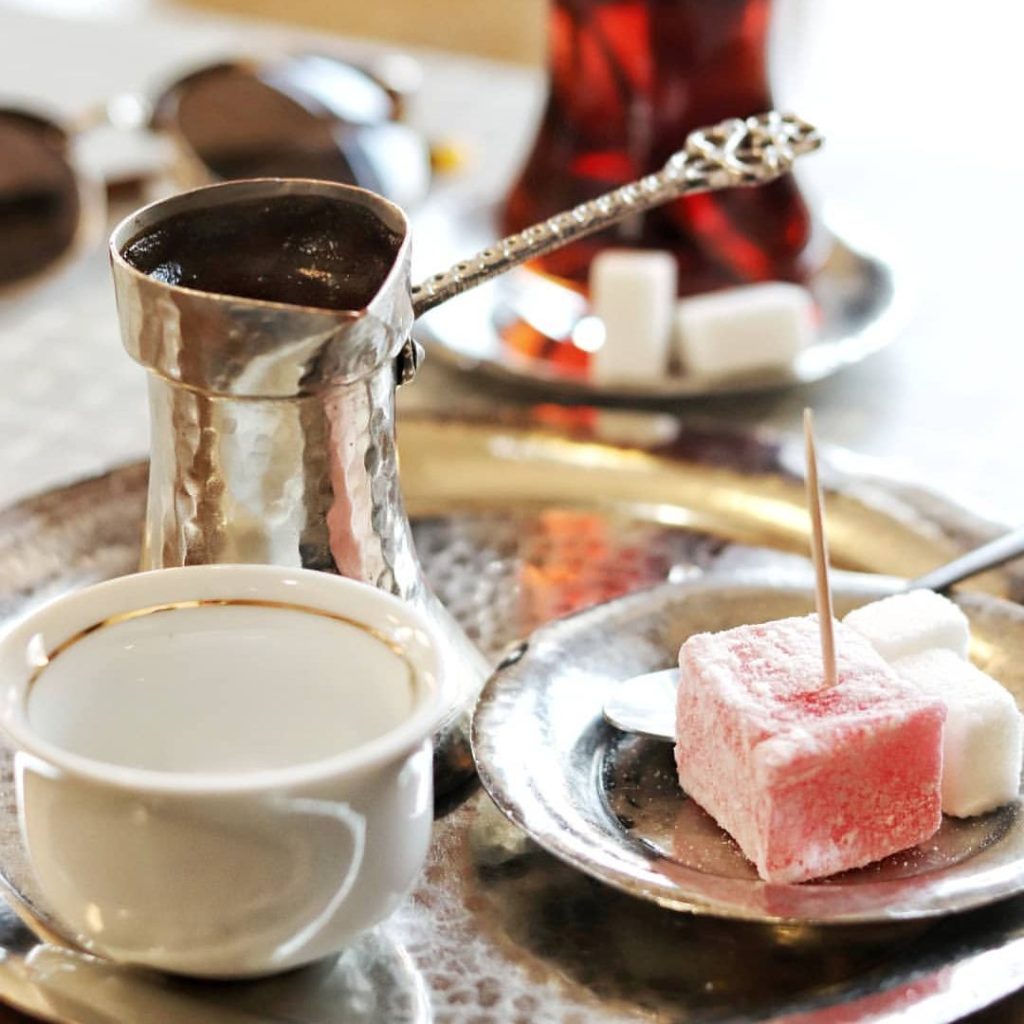
Bosnian coffee is often enjoyed with sugar or served with a small cube of Turkish delight (lokum) or a piece of rahat lokum (a soft, chewy candy made from sugar, water, and starch).

@iddavanmunster
It is usually consumed slowly, sipped and savored over a conversation or while relaxing.
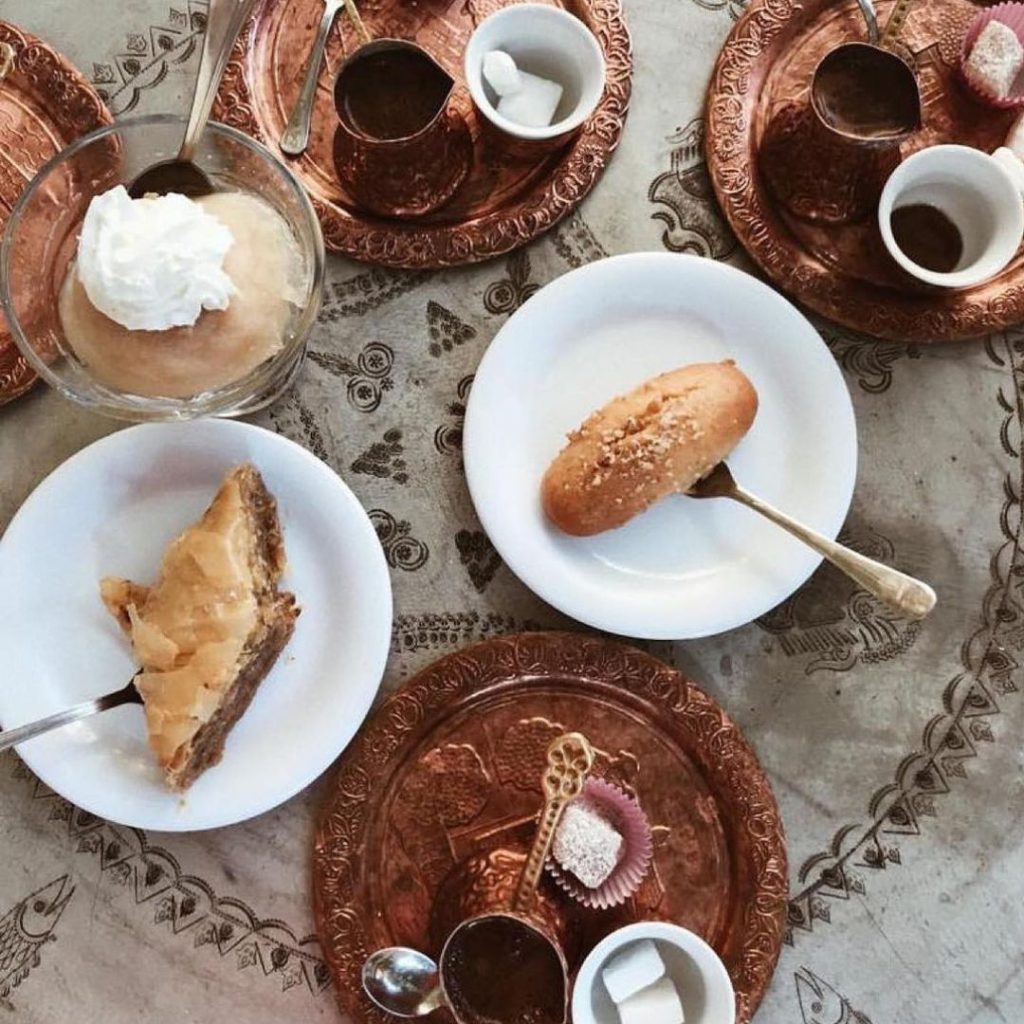
Bosnian coffee has a strong cultural significance in Bosnia and Herzegovina, and it is often served during social gatherings or formal occasions. It is also a popular symbol of hospitality and friendship in the country, and a cup of Bosnian coffee is often offered to guests as a sign of welcome.
Where to try it?

